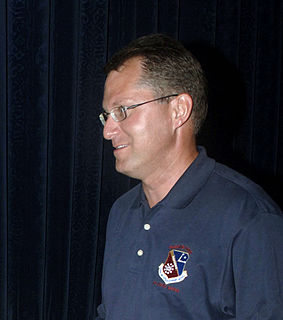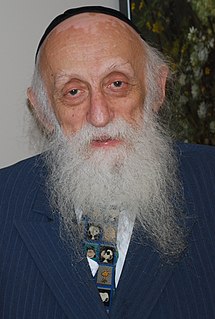A Quote by Marianne Williamson
Whatever worked in the past, build on it; whatever didn't work in the past, break the chain that binds you to it.
Related Quotes
The mutability of the past is the central tenet of Ingsoc. Past events, it is argued, have no objective existance, but survive only in written records and in human memories. The past is whatever the records and the memories agree upon. And since the Party is in full control of all records, and in equally full control of the minds of its members, it follows that the past is whatever the Party chooses to make it.
The fear of AIDS imposes on an act whose ideal is an experience of pure presentness (and a creation of the future) a relation to the past to be ignored at one's peril. Sex no longer withdraws its partners, if only for a moment, from the social. It cannot be considered just a coupling; it is a chain, a chain of transmission, from the past.
I've worked for law firms, I've worked for corporations, and for the past 20 years, I've been writing working for myself, and believe me it's a lot better. That's a big part of the James Bond panache, that you're responsible, 100 percent responsible, for the success or failure of your mission in life, whatever it is.
I believe such illumination comes if you're open to the surprises the universe throws at you. You must be able to let go of the past, whatever success you may have seen, whatever your comfort, whatever your habits. To me, that's the key to loving life: Enabling yourself to step bravely into the unknown. Only there will you find yourself again.
I'm a critic. That means you are a writer. So, yes, you have to make yourself an authority on whatever subject it's going to be. Music, movies, literature, whatever it's going to be, but what you really want to do is learn your trade by reading other writers. I think you have to read veraciously, especially people who have done what you have done to see how it's been done in the past; what works, what doesn't work.



































